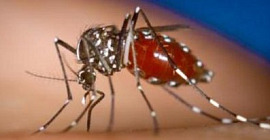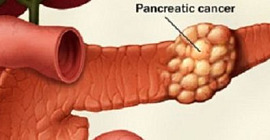
An international, multicenter collaborative research team performed genomic analyses to gain insights into the causes of congenital heart defects. The effort was supported largely by NIH’s National Heart, Lung and Blood Institute (NHLBI). The team used state-of-the-art sequencing and genome-mapping techniques to focus on the exome—the complete set of protein-coding regions in the genome. While the exome represents only about 1. 5% of the genome, past studies have found that it harbors most disease-causing mutations.
The researchers analyzed 362 parent-offspring trios, each of which included a child with congenital heart disease and his or her healthy parents. A group of 264 healthy parent-offspring trios served as controls for comparison. on May 12, 2013.
mutations, which arise during fetal development. mutations could contribute to congenital heart disease.
Many of the genes with spontaneous mutations are involved in the biological pathway for a type of epigenetic modification called histone 3 lysine 4 (H3K4) methylation. Epigenetic modifications are changes to DNA that affect gene expression without altering the genetic sequence itself. Targeted sequencing of these genes in larger groups of patients may reveal more about the role of these mutations.
 These findings provide new insight into the causes of this common congenital disease,” says Dr. Richard Lifton of the Yale School of Medicine, a senior author of the paper. Most interestingly, the set of genes mutated in congenital heart disease unexpectedly overlapped with genes and pathways mutated in autism. These findings suggest there may be common pathways that underlie a wide range of common congenital diseases.
These findings provide new insight into the causes of this common congenital disease,” says Dr. Richard Lifton of the Yale School of Medicine, a senior author of the paper. Most interestingly, the set of genes mutated in congenital heart disease unexpectedly overlapped with genes and pathways mutated in autism. These findings suggest there may be common pathways that underlie a wide range of common congenital diseases.
Get The Latest By Email
While this study identified many genes involved in congenital heart disease, the findings still don’t resolve the causes of most cases. Other genes and molecular pathways that cause congenital heart disease remain to be discovered. Article Source: NIH Research Matters










